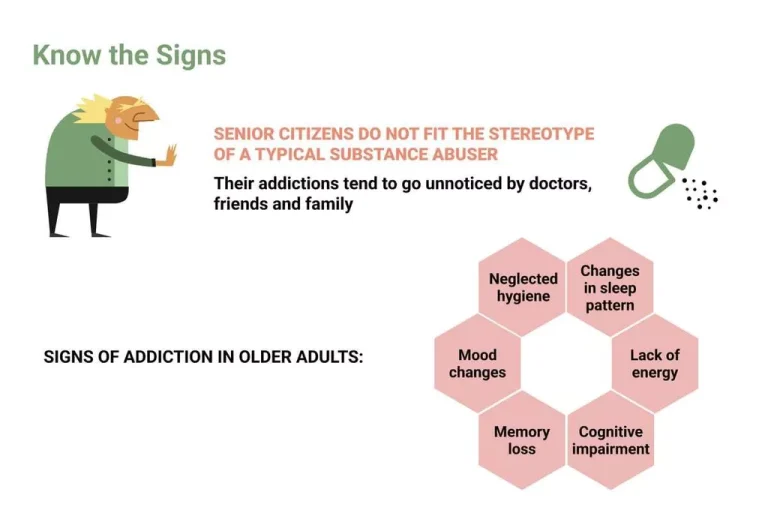
One of the IC&RC’s main goals is to provide counselors the flexibility to go where they’re needed most. Because of that, many of their state affiliates have reciprocity agreements with other states and can help you transfer your credential to another state. They also offer a number of international credentials you can use to find opportunities in other countries. Even if you’re not NAADAC-certified, earning one of these certificates can help you support new populations and find even more exciting career opportunities. For those who choose to pursue IC&RC or NAADAC certification on top of state credentials, often there isn’t a lot involved in deciding which organization to go with. For most counselors, it’s pretty natural to simply work with the organization offering the exam that’s recognized by the state credentialing authority, and by extension, familiar to local employers.
#5: Treatment Planning
In addition to clinical work, substance abuse counselors may assist with program development, documentation for insurance or court systems, and advocacy for client access to services. Substance abuse can affect your mental and physical health, your relationships, your performance at school or work, and your ability to take care of yourself and keep yourself safe. Substance abuse counselors work in various settings, each presenting unique opportunities to support individuals and communities.
Essential Skills for Success as an Addiction Counselor
It should not be used in place of the advice of your physician or other qualified healthcare providers. According to the Substance Abuse and Mental Health Services Administration (SAMHSA), nearly9.2 millionAmericans suffer from co-occurring disorders (e.g. mental health conditions) alongside a substance use disorder. Substance abuse treatment at The Recovery Village includes a dual diagnosis process to identify co-occurring disorders so that mental health counseling can be integrated accordingly.
Licensed Advanced Alcohol Drug Counselor – LAADC

When all these concepts are incorporated together, an addiction treatment plan is established. The treatment plan is the list of goals that will be addressed during the treatment period. Everyone has different needs, which means the counseling process will look different from person to person. Still, it uses the same framework to develop a safe method of making progress into recovery-oriented living. Addiction is one of the most common behavioral health conditions impacting millions of Americans every day. One of the most impactful strategies to treat addiction is substance use counseling, also called addiction counseling.
Most Affordable Programs
- Many states require you to have a master’s degree for addiction counseling licensure and certification.
- The Hazelden Betty Ford Graduate School offers invaluable coursework and training that explores the study and treatment of substance use disorders, as well as mental health and co-occurring disorders.
- Working as a California substance abuse counselor is a personally and professional rewarding career option.
- Founded in 1972 as the National Association of Alcoholism Counselors and Trainers, the NAADAC provides training opportunities to and advocates for substance use disorder counselors in all 50 states.
Beyond group therapy, individual therapy can incorporate various treatment models based on the counselor’s training and credentials. Treatment plans for SUDs are often developed using the American Society of Addiction Medicine (ASAM) framework. This framework uses six dimensions that help to ensure every important area of one’s life is being assessed and having proper goals set if substance abuse counseling definition needed.

Like therapists, licensed independent substance abuse counselors can provide services outside of an agency. However, each type of professional is authorized to do something different in a private practice setting. Put simply, therapists are licensed to treat mental health conditions and substance abuse counselors (when licensed) are licensed to treat substance use disorders. Substance abuse counselors play a vital role in helping individuals overcome addiction and reclaim their lives, providing guidance, support, and treatment strategies to those struggling with substance use disorders.
In that sense, you’re not just an SUD counselor — you’re an advocate for vulnerable people in your community. As you help a client through recovery, you may find that they need more than counseling to be successful during treatment. They might need job counseling, affordable and safe housing, a support group, or any number of other services.
Certifications and Specializations
They are often part of an entire substance abuse treatment team that includes doctors, nurses, psychologists, and social workers. Since then, schools across the country at every level have started degree programs for students who want to enter this life-saving field. There’s still work to be done, but the 12 core functions of a substance abuse counselor provide a blueprint for future advancements. On the road to becoming a substance abuse counselor, you’ll likely study, practice, and one day become an expert in the 12 core functions of addiction counseling. Generally speaking, the 12 core functions are a set of duties you’ll perform to help people through every stage of recovery from admission to discharge and beyond. Individuals in recovery may bring a unique perspective to their work as addiction counselors.
During the treatment planning stage, you’ll combine that information with your counseling knowledge and plot out the course of their recovery in detail and in writing. In the SUD counseling world, appropriate interview techniques are ways of communicating that foster clear communication and trust between clients and counselors. The interview techniques you’ll learn about during training have all likely been tested and reviewed repeatedly. Screening is the process by which a counselor determines if a person needs treatment and what level of treatment will help them the most. If you work for a provider that offers different forms of treatment like inpatient, outpatient, and partial hospitalization, it’s extremely important to have a meticulous screening process in place.
Recovery Coach

Substance abuse counselors are trained to treat substance use disorders by default. Some therapists indicate in their profile or bio whether they are, but if you’re not sure, ask. Either therapy or substance abuse counseling can help you address issues in your life related to a substance use disorder. It’s important to note that the extent of these differences depends on what method a therapist uses. Cognitive behavioral therapy is used in both mental health and substance use drug addiction treatment disorder treatment, and in CBT, you don’t have to delve into your past at all.

